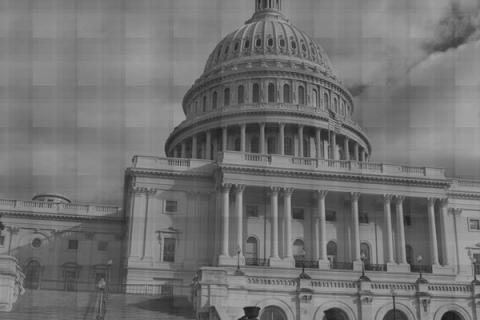This Saturday, anti-war protestors will take to the streets in large numbers to protest US foreign policy. Multiple political groups, ranging from the left to the right, have planned huge rallies and events to protest US-led wars in Afghanistan, Iraq, Pakistan, and Yemen. They also plan to discuss and protest other controversial policies including CIA Drone attacks, Guantanamo Bay, the Patriot Act, private war contractors, record military spending, and the Israeli/Palestinian issue.
These rallies could prove significant since they represent the first massive, nationally coordinated effort to challenge US foreign policy since President Obama took office. Thus far, the anti-war movement, which was alive and well during the Bush/Cheney administration, has been largely silent during Obama's tenure. This is despite the fact that Obama has instituted a more costly and expansive war policy than George W. Bush, as measured by at least 11 quantifiable metrics, which I outlined in detail in last month's article "Where has the anti-war movement gone?".
If the anti-war movement begins to reemerge as a potent political force, especially on the left, then it will effectively erase the appearance of alleged hypocrisy and blind partisanship. However, a brief perusal of a few websites makes one wonder if these rallies will still resist holding the Obama administration accountable instead of resorting to the anti-Bush rhetoric which fueled the movement in years past.
For example, in this Truthout article, Mary Susan Littlepage is quite critical of the Bush and Cheney administration in her discussion of the Iraq War and the PTSD epidemic our military is suffering from due to extended deployments in Iraq & Afghanistan. Yet, she offers virtually no criticism of the Obama administration.
In this release, the ANSWER Coalition offers a balanced critique of the previous and current administrations' war policies, but still calls out Bush & Cheney by name, while offering little direct criticism of President Obama.
And in this March20.org article, protestors are advised on what to bring to the Washington DC rally, with one of the proposed props being "Cheney puppets", a clear reference to his past association with Halliburton, one of the leading private war contractors. Yet, there is no mention of the fact that the number of private war contractors has further increased under the Obama administration.
On the other hand, the Peace Blimp Radio Marathon appears to be offering a potentially more multi-partisan cast of war dissenters: Republican Congressman Ron Paul, Democratic Congressman Alan Grayson, Green Party candidate Cynthia McKinney, former Republican Governor of New Mexico Gary Johnson, Republican Congressional candidates and war veterans Adam Kokesh and RJ Harris, Scott Horton of Antiwar Radio (which has been openly critical of both the Bush and Obama administrations), and others. Many of these anti-war personalities were extremely critical of the Bush and Cheney administration, with several of them being self-proclaimed conservatives.
Regardless, this upcoming weekend's anti-war rallies will once again put a much-needed spotlight on the state of America's war policy. America is engaged in wartime operations in Afghanistan, Iraq, Pakistan, and Yemen. Record suicide rates and PTSD are plaguing the military. The military budget has grown to nearly $1 trillion, despite a severe recession and record budget deficits. And there's a growing sense of inevitability regarding a future war with Iran.
Hopefully, these war protests will reject poisonous partisanship, hold both parties equally accountable, and spark a long overdue intellectual discussion over current policy.
Readers who participate are strongly encouraged to come back and share their experiences on this article's comment thread.
